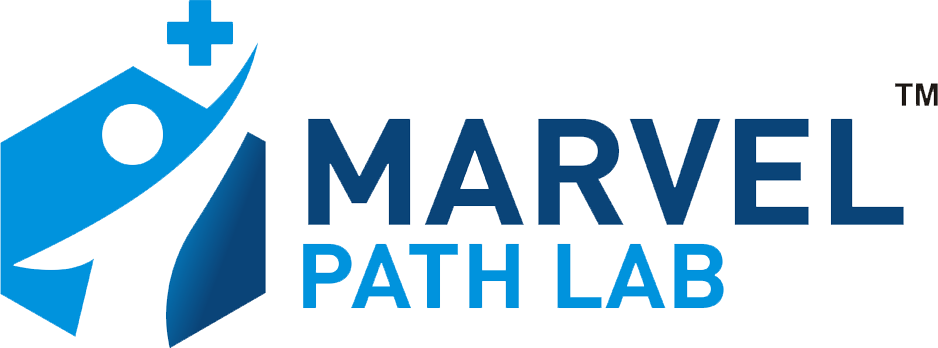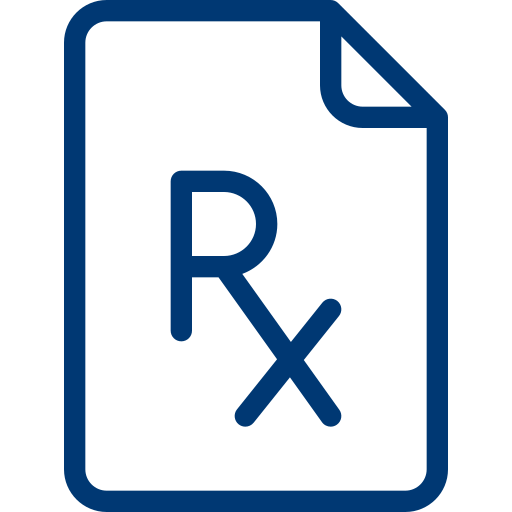Boost Your Heart Health: Simple Ways to Manage Homocysteine Levels Through Diet
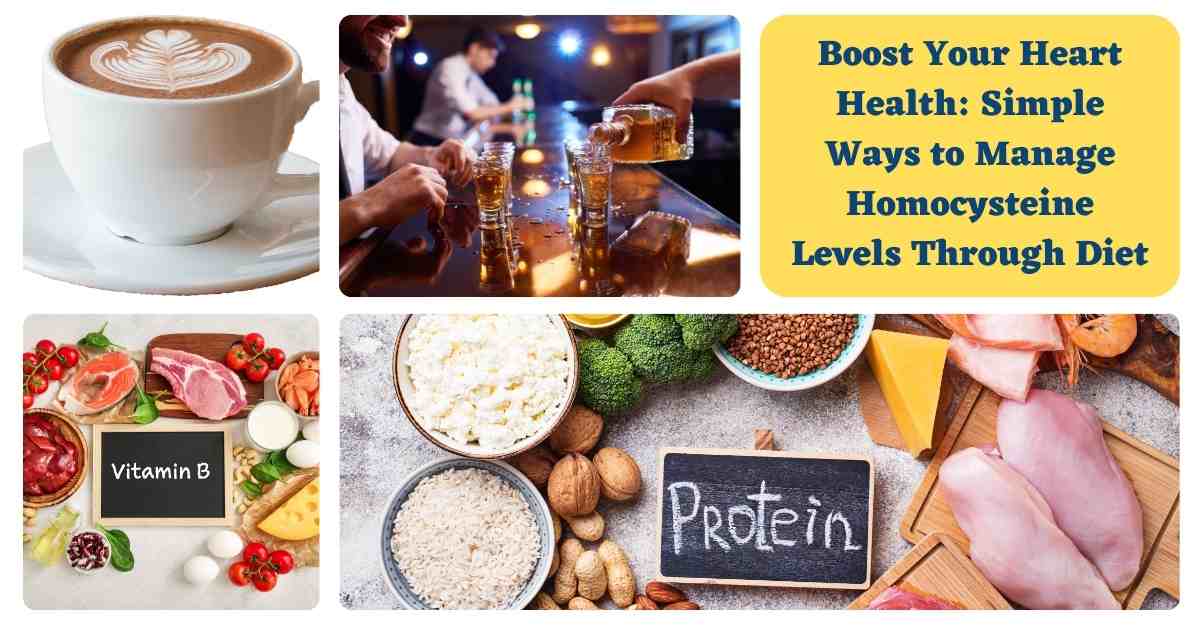
Keeping your heart healthy involves more than just watching your cholesterol and blood pressure. Another important factor to consider is homocysteine, an amino acid in your blood. Elevated homocysteine levels can heighten your risk of developing heart disease. Fortunately, your diet can play a significant role in controlling these levels. Here’s an easy guide to understanding how certain foods can affect homocysteine levels and how you can adjust your diet to keep your heart in good shape.
Importance of B Vitamins
B vitamins, especially folate (B9), vitamin B6, and vitamin B12, are vital for breaking down homocysteine. When you don’t get enough of these vitamins, homocysteine can build up in your blood.
Folate (B9): This vitamin helps turn homocysteine into methionine, another amino acid. Without enough folate, homocysteine levels can rise. To get more folate, eat leafy green vegetables, beans, and foods fortified with folate like some cereals.
Vitamin B6: This vitamin is important for converting homocysteine to cysteine, which is less harmful. If you don’t get enough vitamin B6, this conversion process slows down. Foods high in vitamin B6 include chicken, fish, potatoes, chickpeas, and bananas.
Vitamin B12: This vitamin helps convert homocysteine into methionine. People who don’t eat animal products, like vegans and vegetarians, often don’t get enough B12. Foods rich in B12 include meat, dairy products, and eggs.
Methionine and Animal Proteins
Methionine is an amino acid found in animal proteins. While methionine is necessary for your body, eating too much can increase homocysteine levels because homocysteine is produced when your body processes methionine.
Foods high in methionine include red meat, poultry, fish, eggs, and dairy products. Eating these foods in moderation is key. Balancing your diet with plant-based proteins such as beans, lentils, and tofu can help keep homocysteine levels in check.
Coffee Consumption
For many people, coffee is a daily habit. However, drinking a lot of coffee may raise homocysteine levels. Some studies suggest that substances in coffee can affect how your body uses vitamin B6 or clears homocysteine from your blood, though the exact reasons are still being studied.
If you drink a lot of coffee, consider cutting back. Try switching to decaf or herbal teas to reduce your intake while still enjoying a warm beverage.
Alcohol Intake
Drinking too much alcohol can interfere with how your body uses B vitamins, especially folate. This can lead to higher homocysteine levels. Moderate alcohol consumption is generally fine, but heavy drinking can harm your heart health.
To help manage homocysteine levels, limit alcohol intake to one drink per day for women and two for men. This moderation helps ensure your body can properly metabolize B vitamins.
Tips for a Heart-Healthy Diet
Managing homocysteine levels with your diet is all about balance. Here are some simple tips:
Eat More B Vitamins: Include a variety of foods rich in folate, vitamin B6, and vitamin B12 in your diet. Load up on leafy greens, beans, whole grains, chicken, fish, and dairy products.
Moderate Animal Protein Intake: Enjoy red meat, poultry, fish, eggs, and dairy in moderation. Complement these with plant-based proteins like beans, lentils, and tofu to balance your diet.
Limit Coffee and Alcohol: If you consume a lot of coffee, try to reduce your intake or switch to decaf. Keep alcohol consumption within recommended limits to avoid interfering with B vitamin metabolism.
Consult a Healthcare Professional:
If you're concerned about your homocysteine levels, talk to your doctor. They can offer personalized advice and may recommend supplements if needed.
By making these simple dietary changes, you can help control your homocysteine levels and support your heart health. Remember, a balanced diet full of essential nutrients is key to keeping your heart healthy and reducing the risk of cardiovascular diseases.
Related Blogs
-
PSA Test (पीएसए टेस्ट) - What Is It, Cost, Symptoms, And How Does It Work?
 - What Is It, Cost, Symptoms, And How Does It Work.jpg)
-
How to Lower Thyroid Antibodies Naturally and Manage Thyroid Peroxidase Antibodies?

-
RDW (Red Cell Distribution Width) Test: Understanding It's Significance And Interpretation
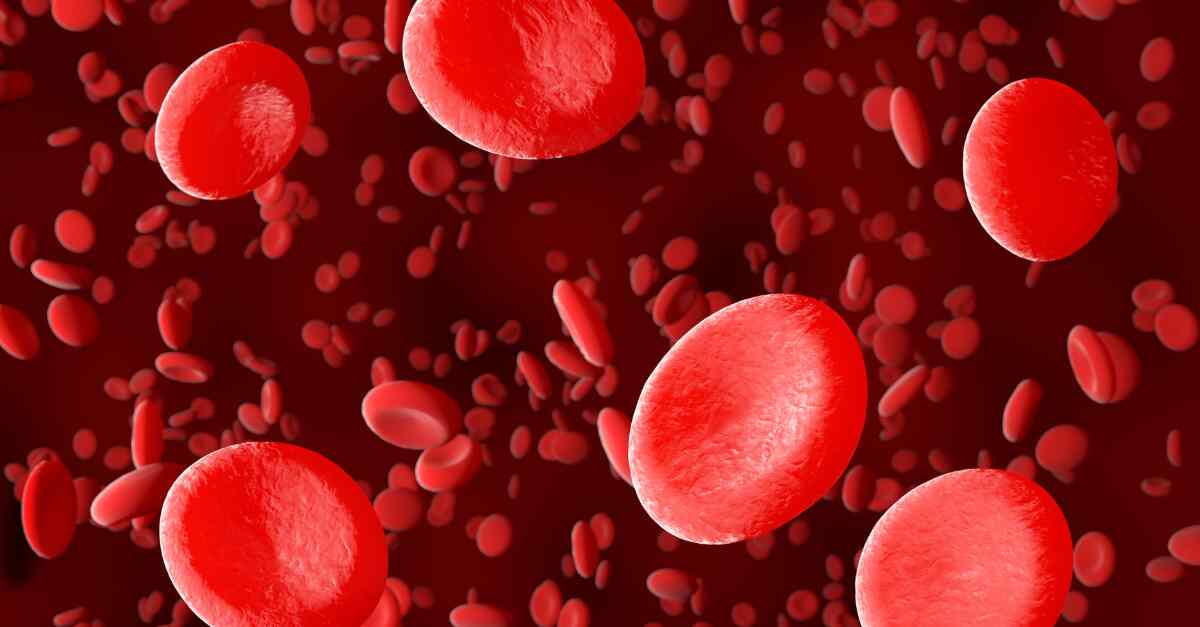
-
Marvel Path Lab - Your Trusted Partner in Comprehensive Blood Testing
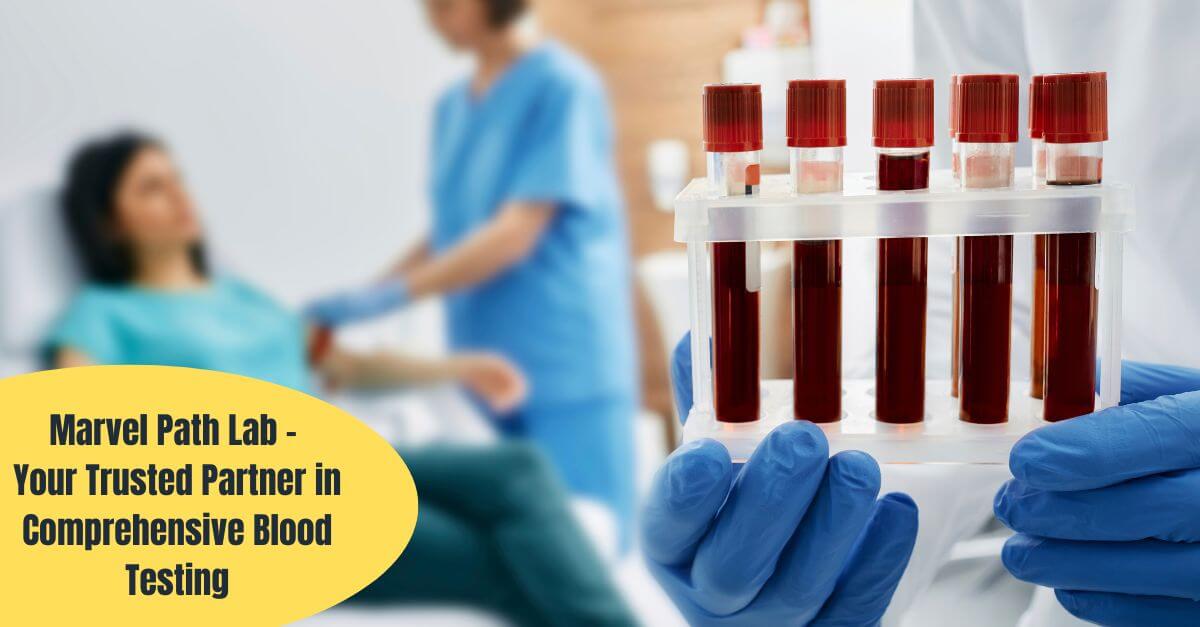
-
थायराइड क्या है? थायराइड के कारण, लक्षण और प्रभावी घरेलू उपचार (Home Remedies For Thyroid in Hindi)
.jpg)
-
Discover the Ultimate Liver Detox: Top 15 Foods to Naturally Cleanse Your Liver
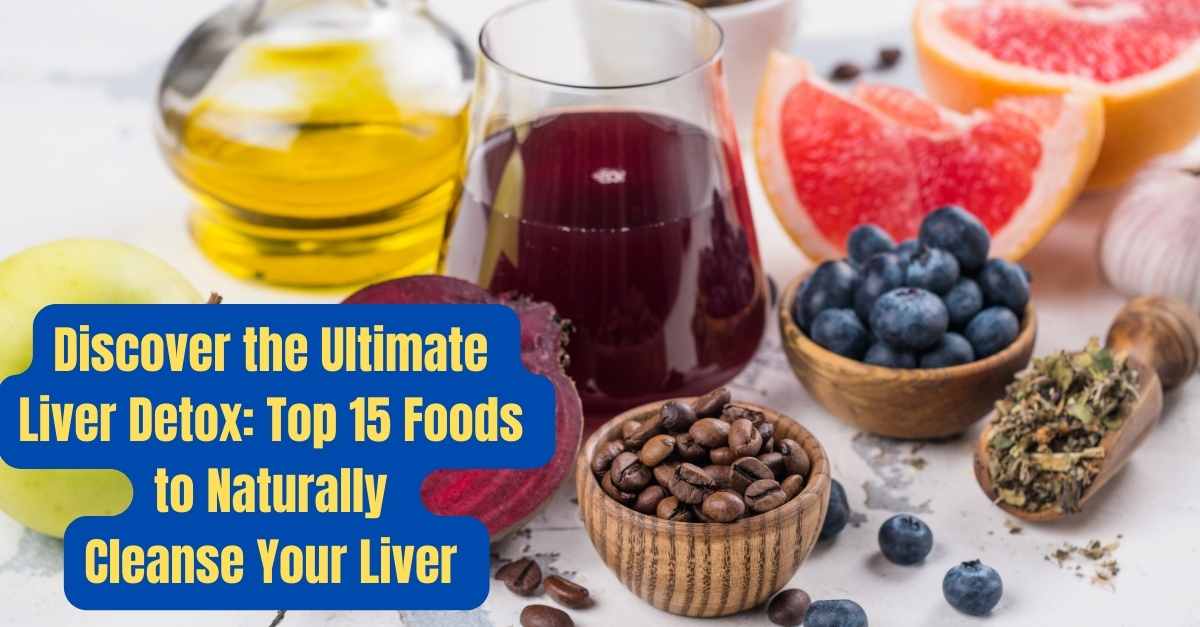
-
The Ultimate Guide to Understanding MCV in Blood Tests
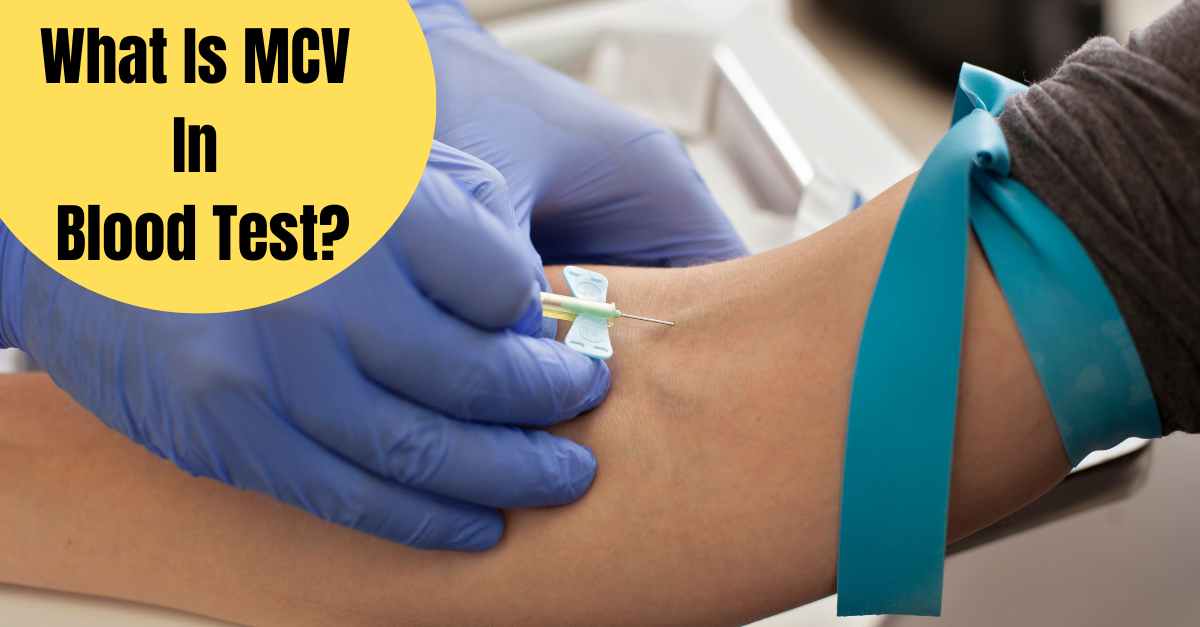
-
AMH Levels Unveiled: What is a Good AMH Level to Get Pregnant
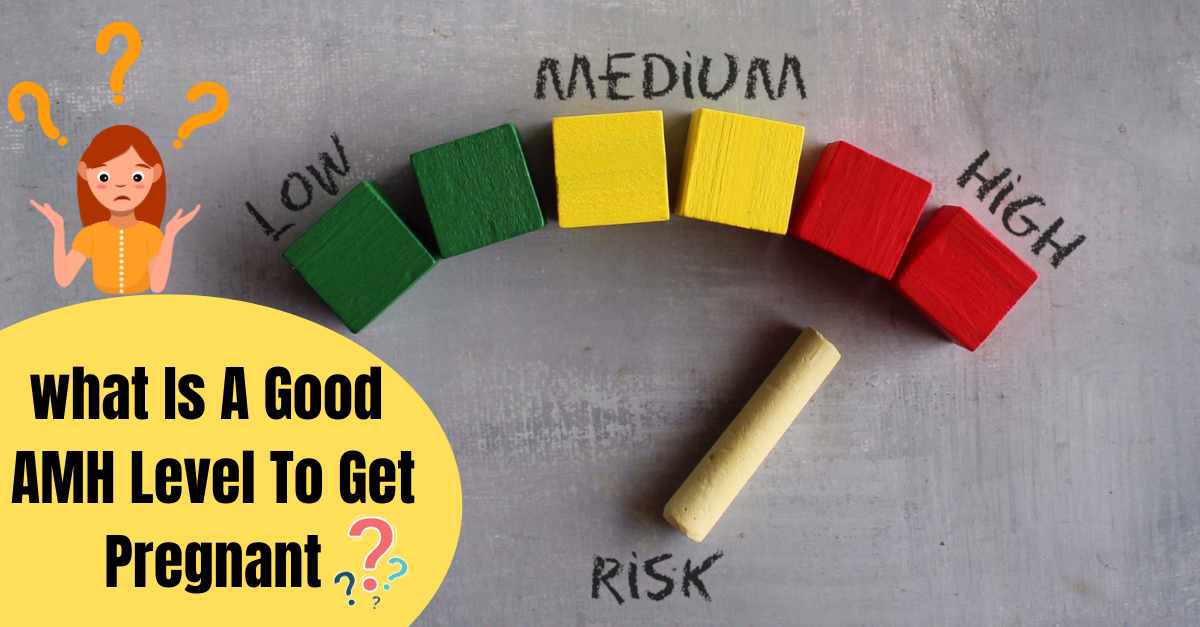
-
Weil Felix Test - Marvel Path Lab

-
Exploring Fructosamine Testing: Marvel Path lab

-
Exploring Malaria Causes, Symptoms, And Cutting-Edge Diagnosis Techniques
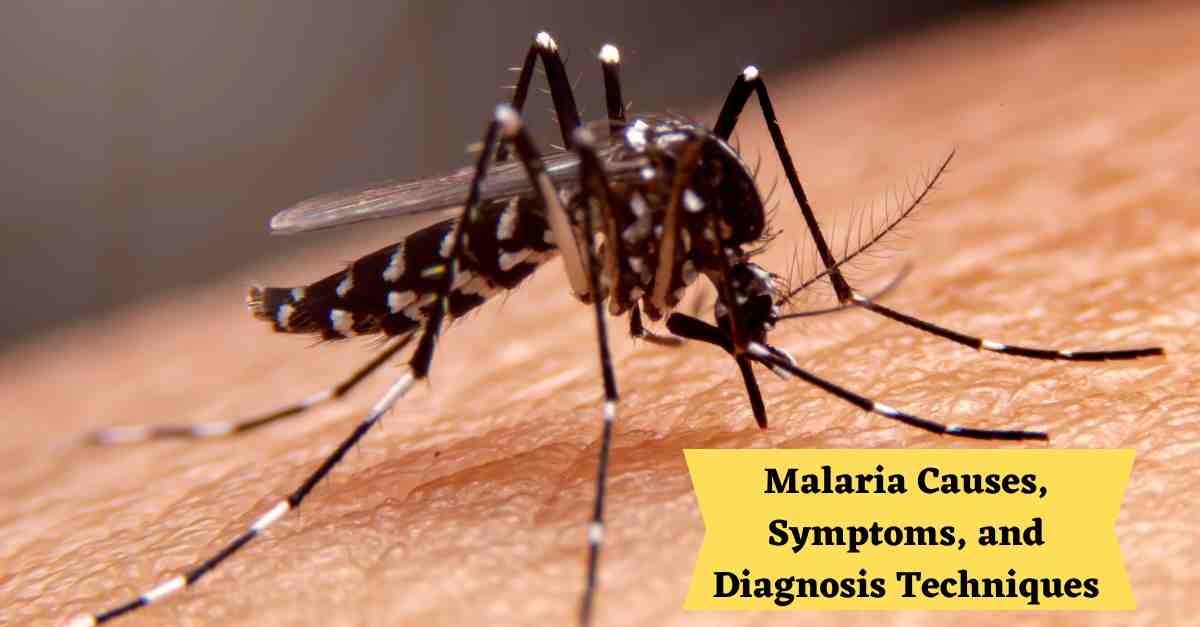
-
Unlocking the Secrets of Fertility: Understanding Semen Analysis

-
Hot Weather, Cool Tips: Mastering Summer Wellness Like a Pro!

-
Homocysteine Test in Hindi:होमोसिस्टीन टेस्ट क्या है, खर्च, नॉर्मल रेंज, कैसे क्यों और कब होता है!

-
Optimizing Your Health Through Food Intolerance Testing: A Step-by-Step Guide

-
Your Allergy Questions Answered: Causes, Symptoms, and Diagnosis

-
Does MCV (Mean Corpuscular Volume) Fluctuate

-
Understanding Normal Values in a Peripheral Smear Test
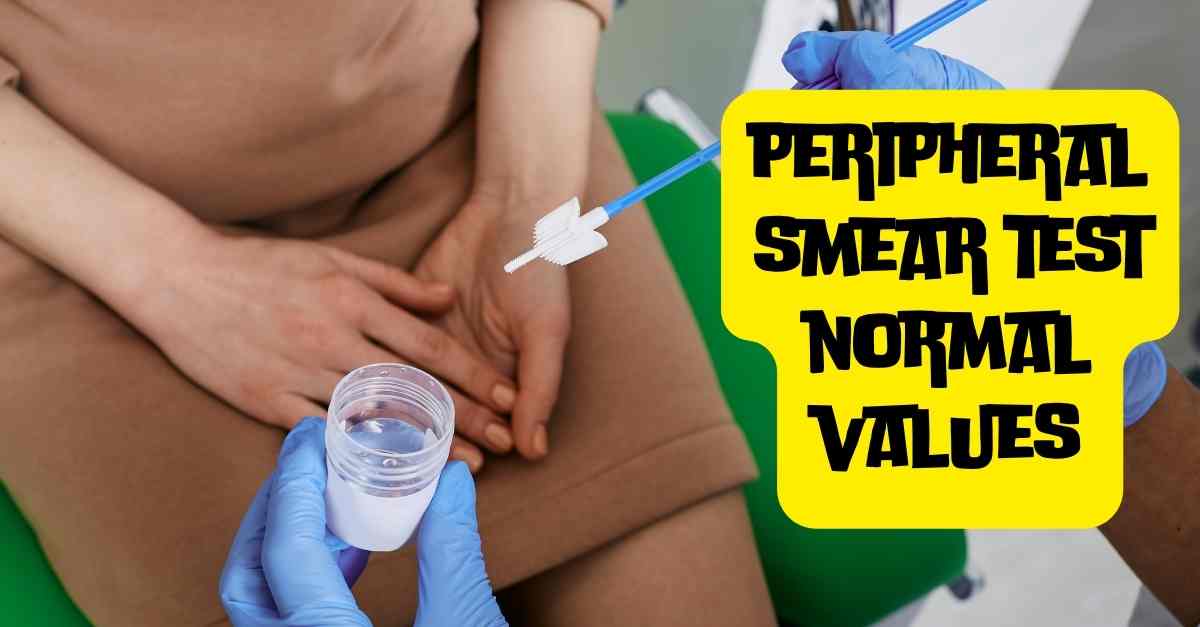
-
Understanding the Prolactin Blood Test: Purpose, Procedure, and Interpretation
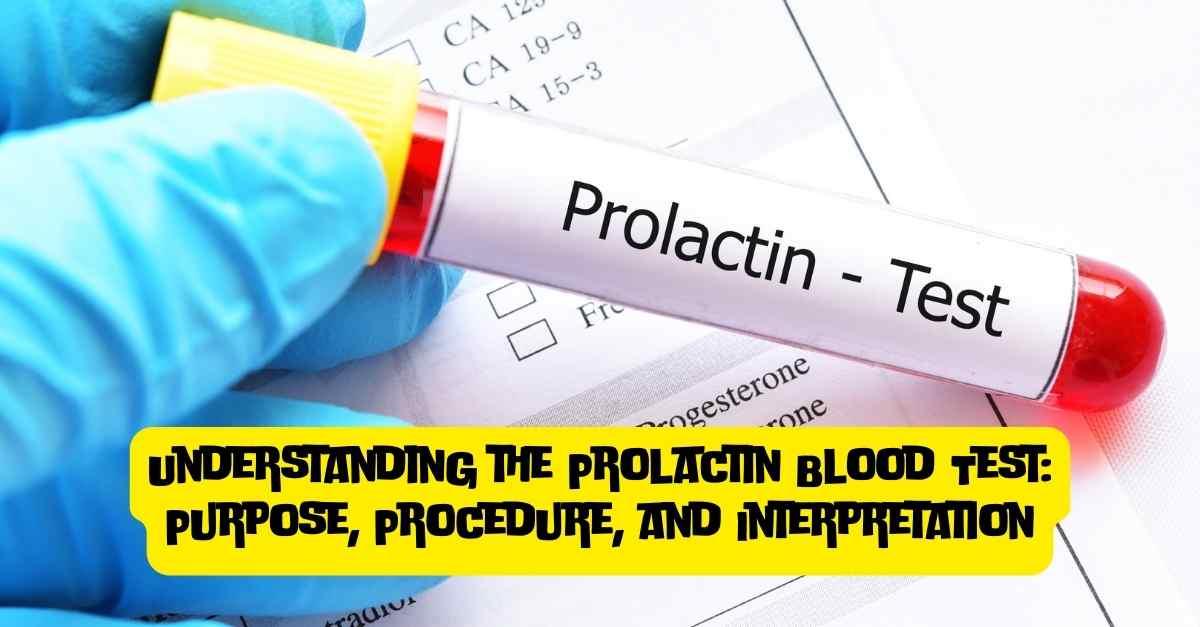
-
CA सीए 125 टेस्ट - क्यों किया जाता है, इसकी आवश्यकता क्या है, और जानें इसके बारे में
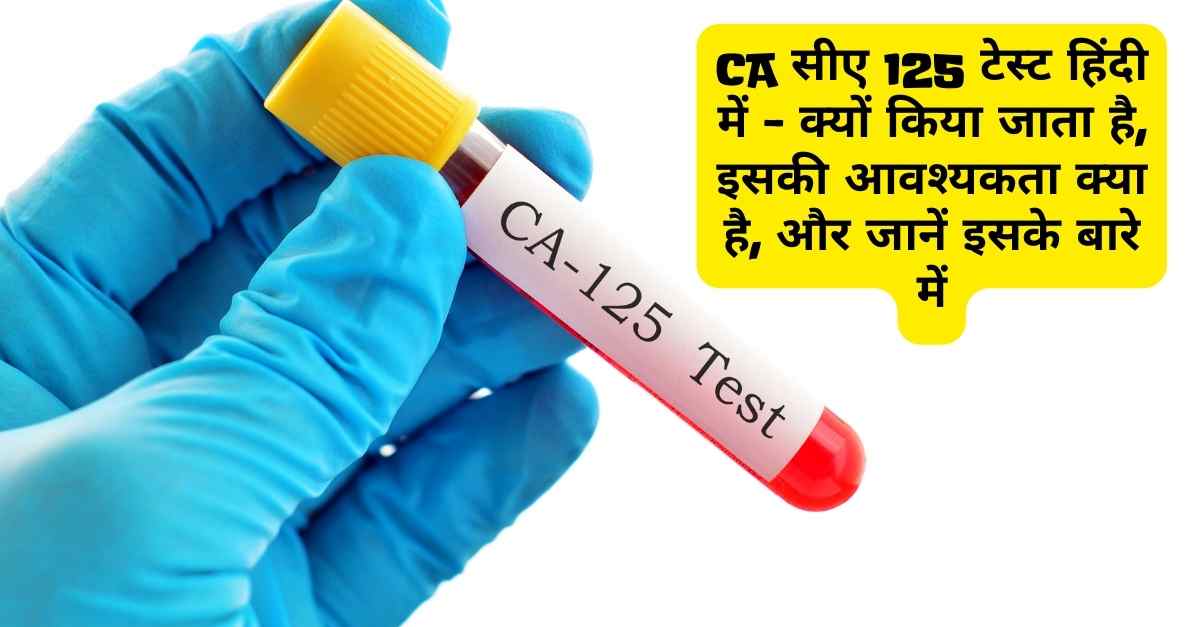
-
Understanding the Anti-Müllerian Hormone (AMH) Test: A Simple Guide
 Test.jpg)
-
The MPV Blood Test Explained: What It Reveals About Your Health
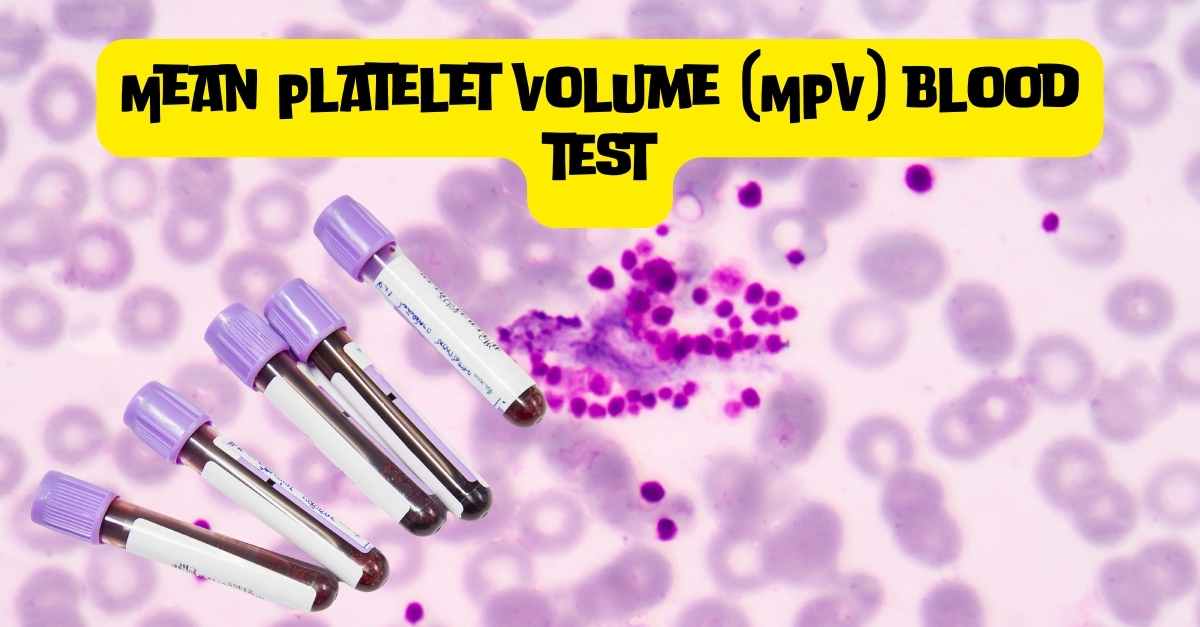
-
Understanding Pancreas Blood Tests
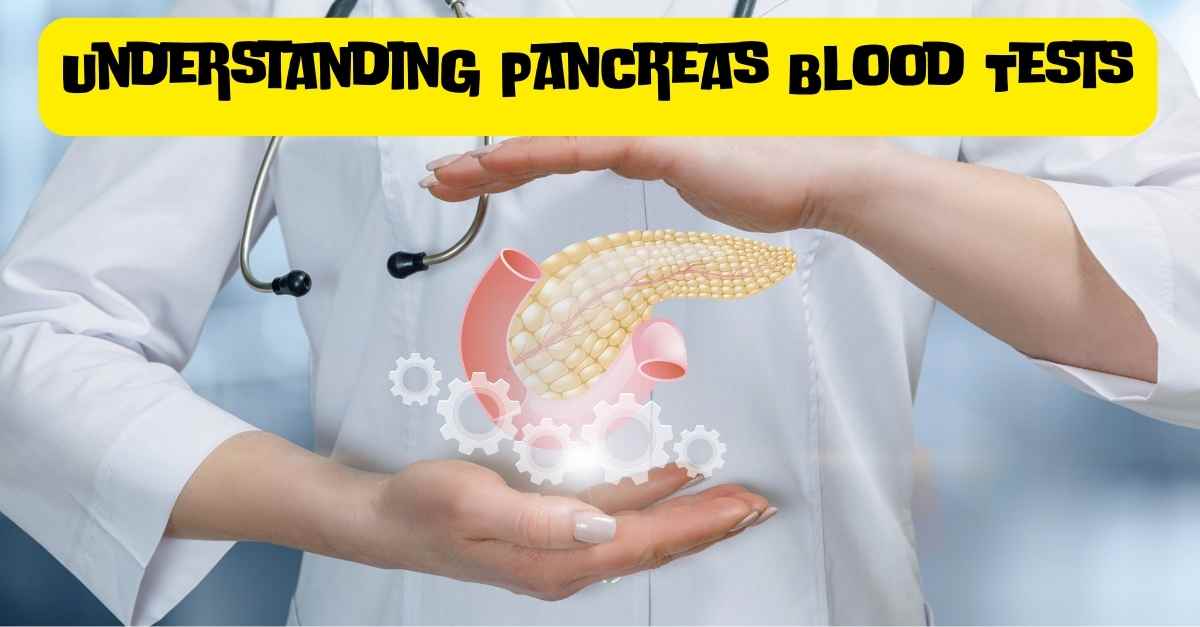
-
Understanding the CO2 Blood Test: A Simple Guide to Your Health
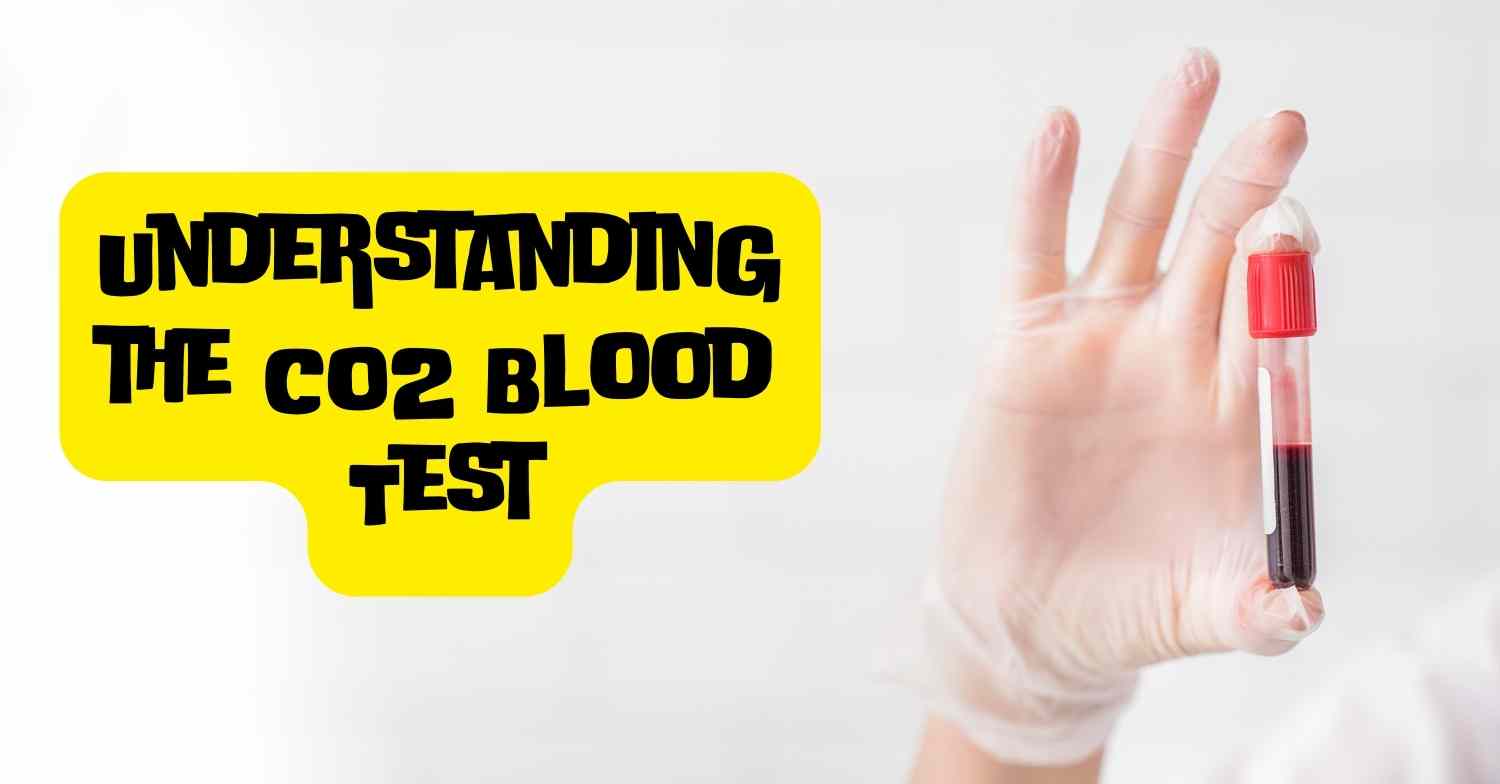
-
Albumin Blood Test
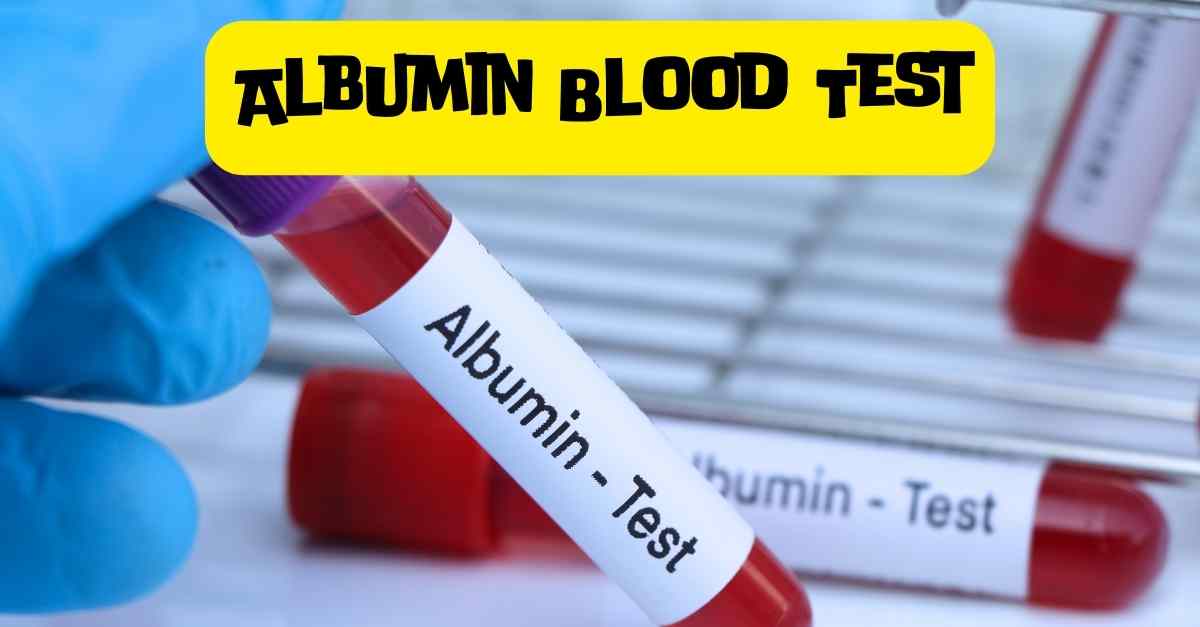
-
Everything You Need to Know About the Globulin Blood Test
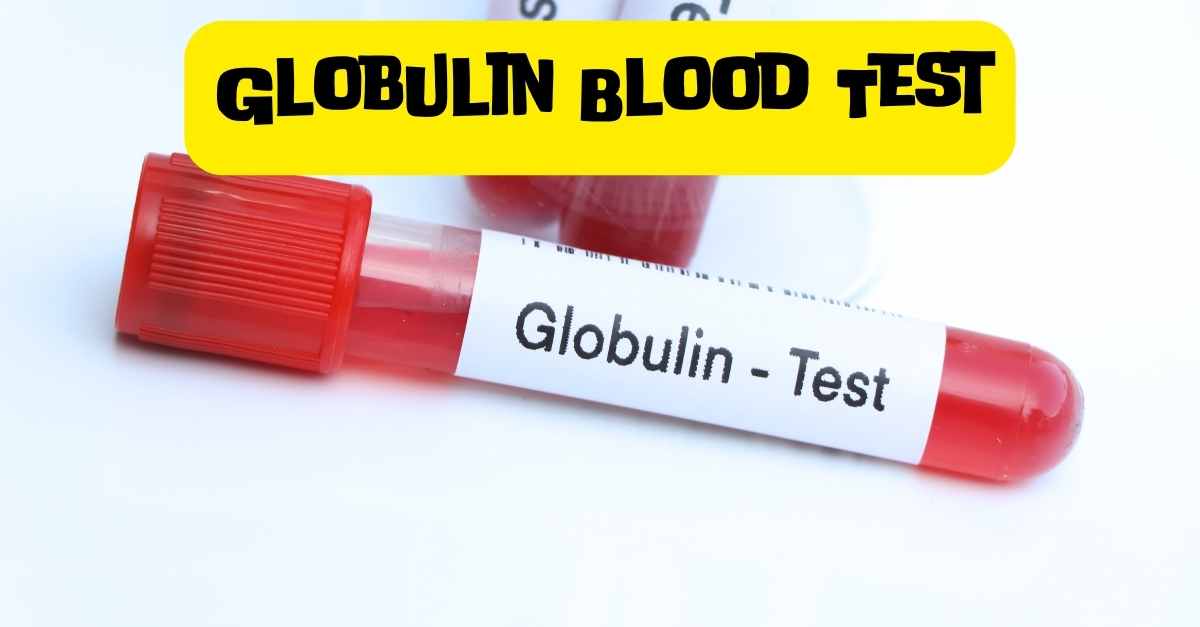
-
Allergy Blood Test
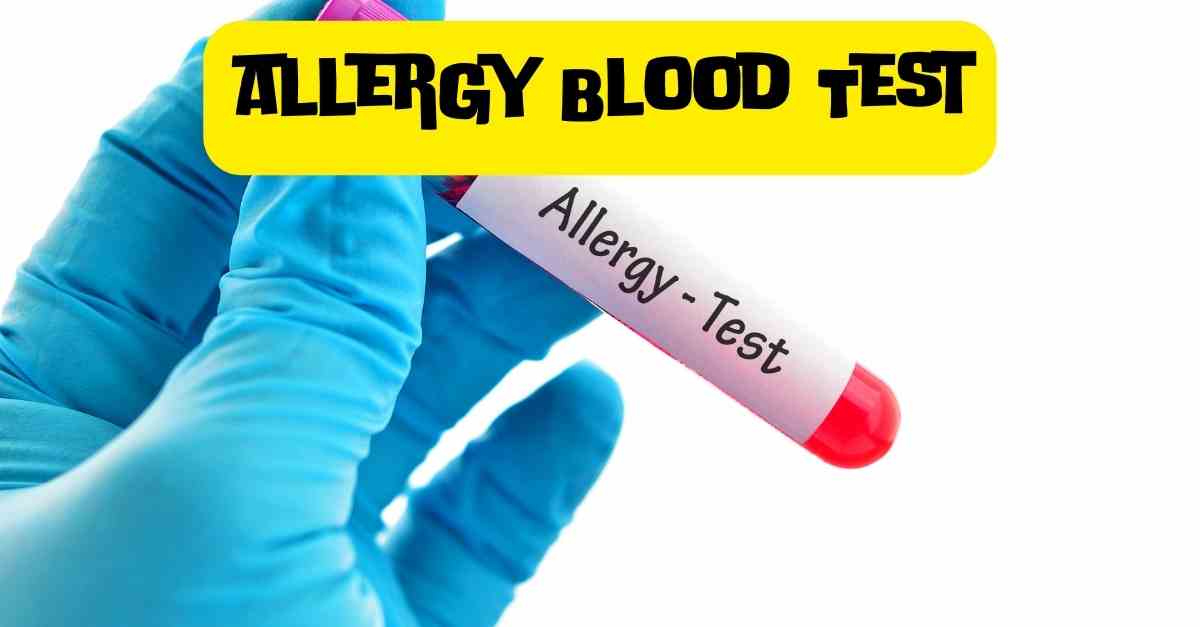
-
Understanding Cardiac Blood Tests: A Guide to Heart Health
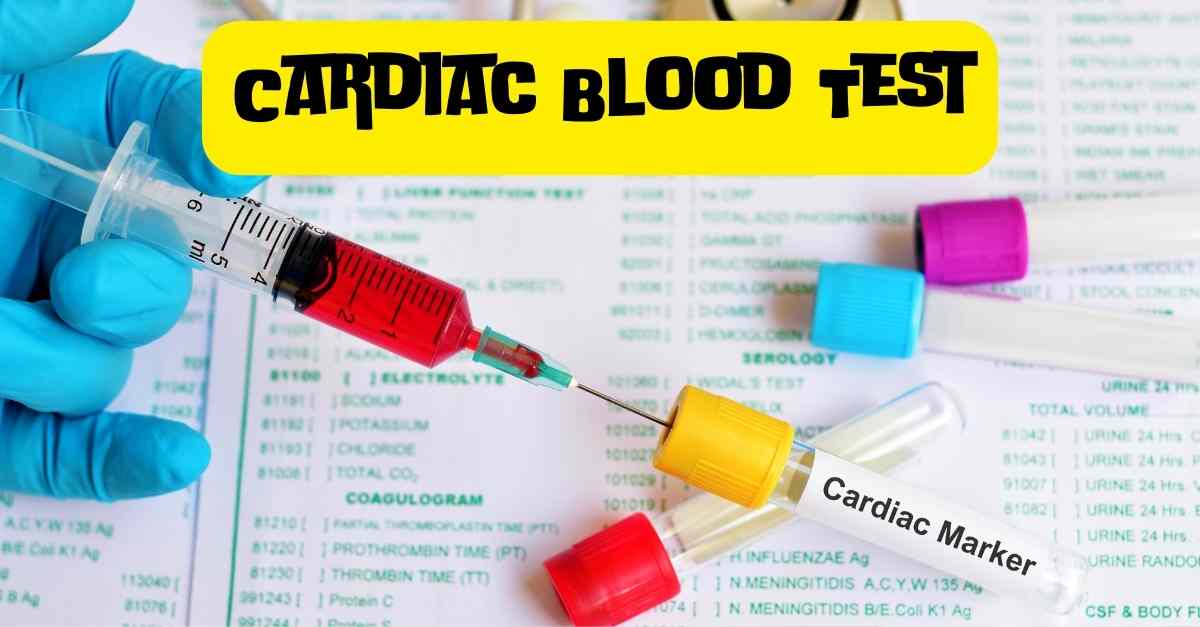
-
Decoding Your Chloride Blood Test: What You Need to Know
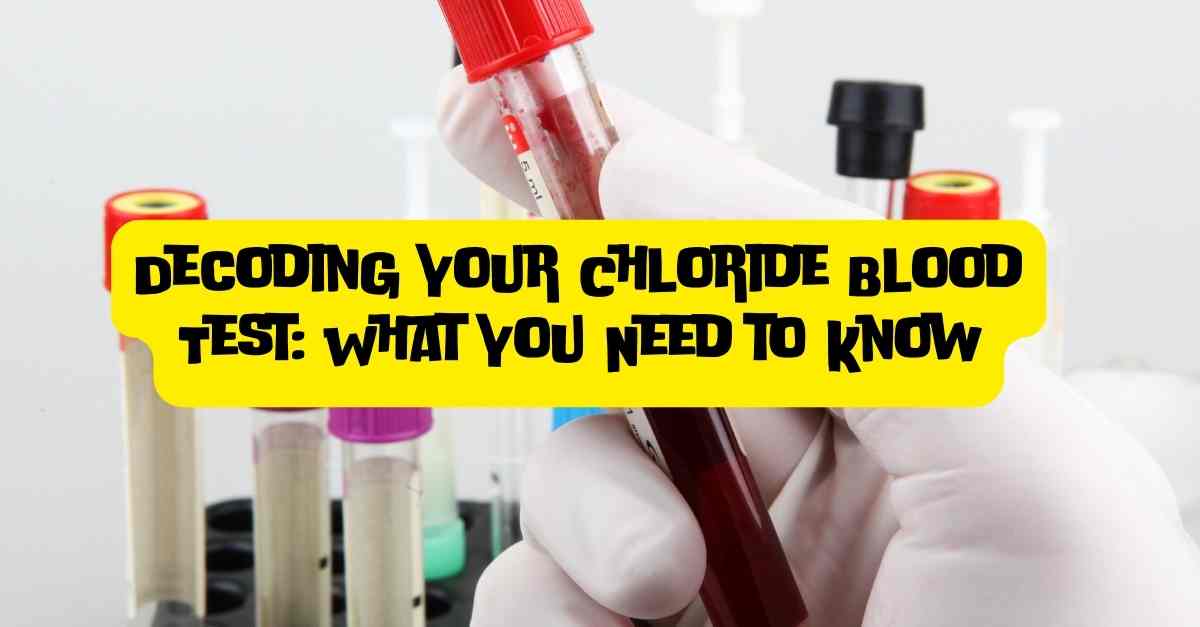
-
Calcium Blood Tests: A Vital Tool for Assessing Bone and Heart Health
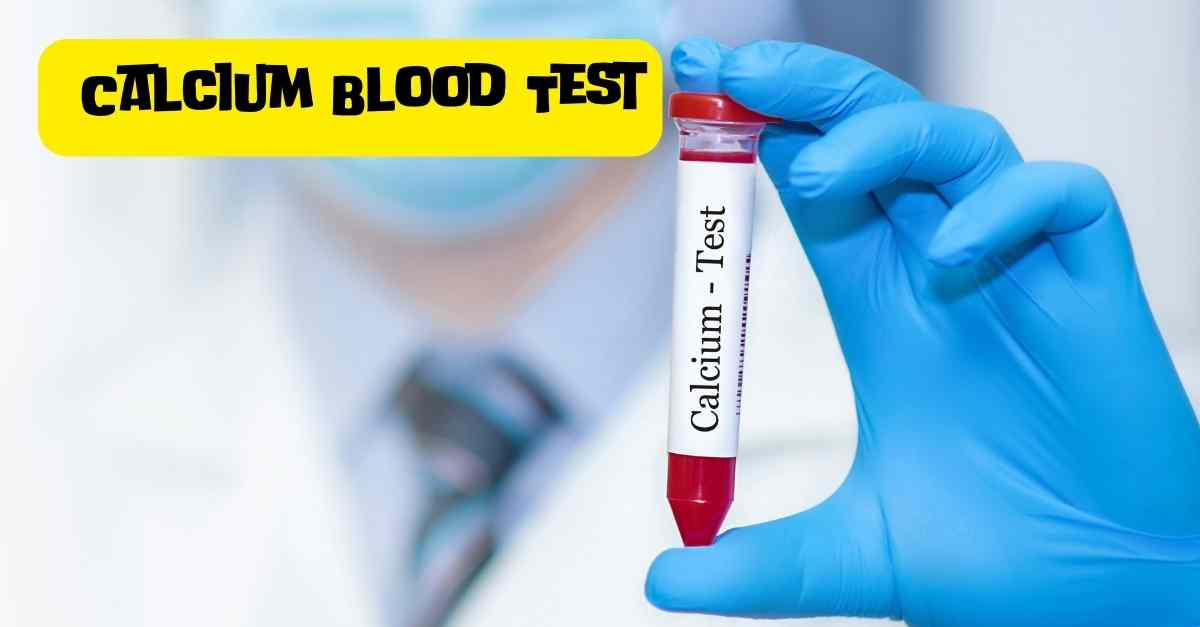
-
The Silent Indicator: Understanding the Fecal Occult Blood Test (FOBT)
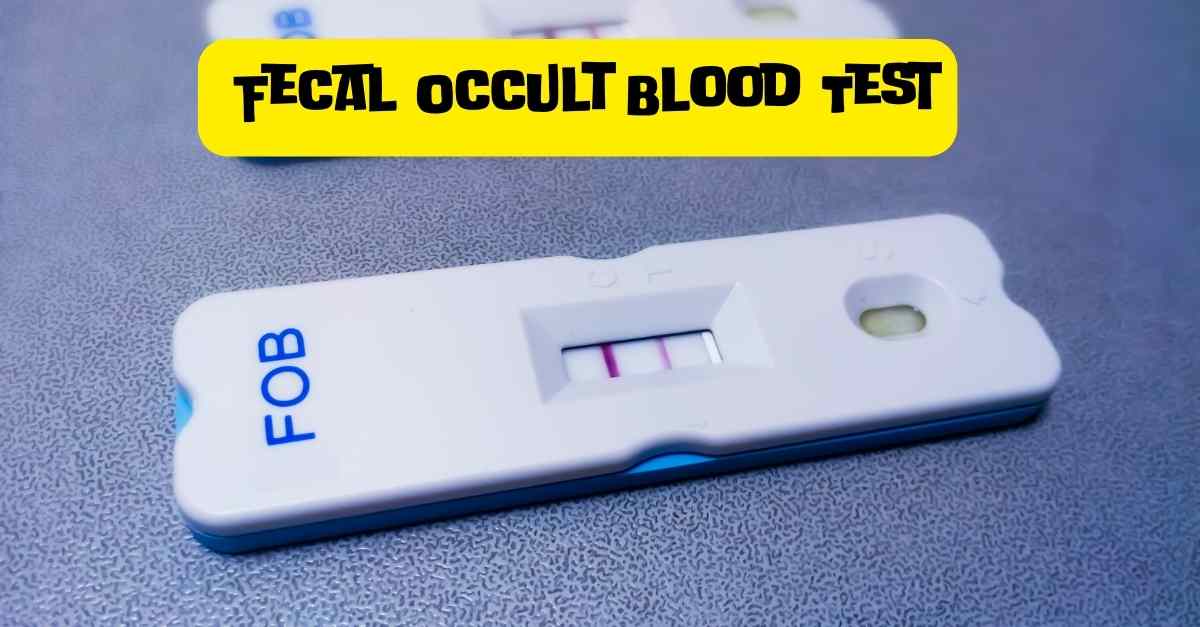
-
All About the C3 Complement Blood Test: Normal, High, and Low Ranges Explained
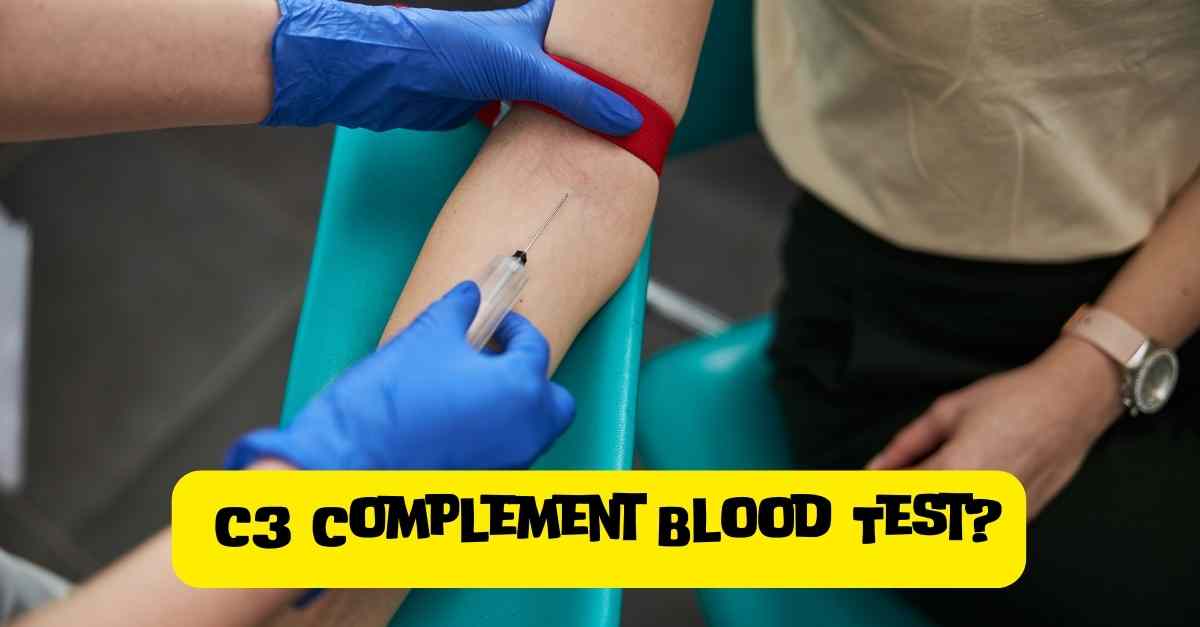
-
Simplifying the Anion Gap Blood Test: What You Need to Know

-
CA-125 Blood Test
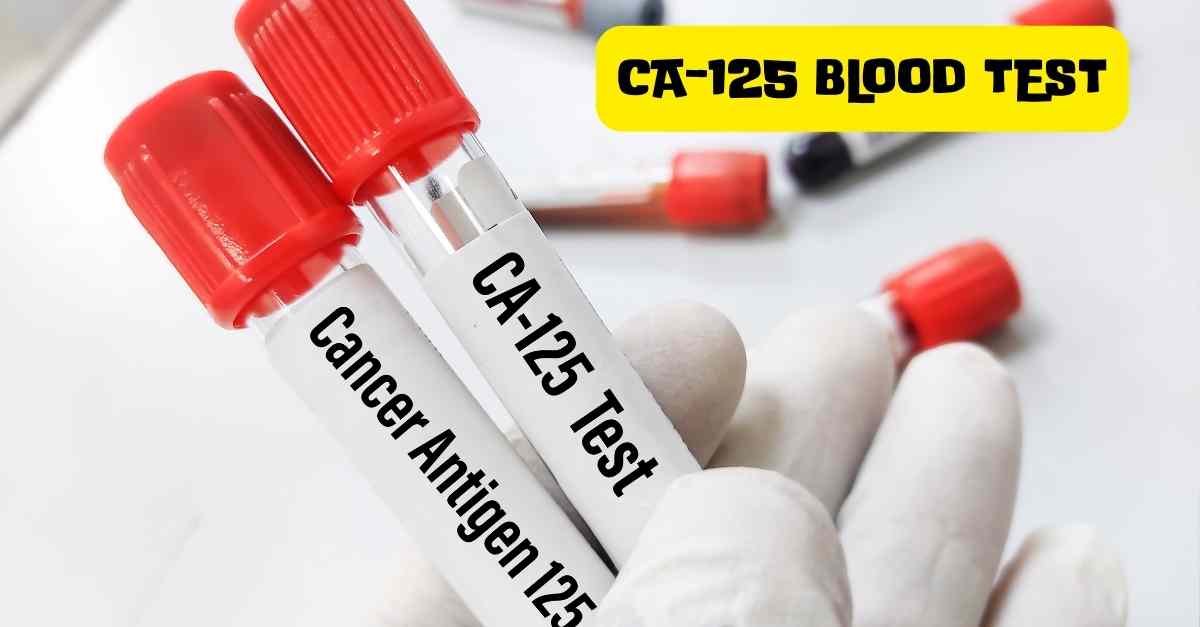
-
Understanding Lung Cancer: Symptoms, Causes, and Prevention

-
Exploring the Long-Term Health Effects of Tobacco Use
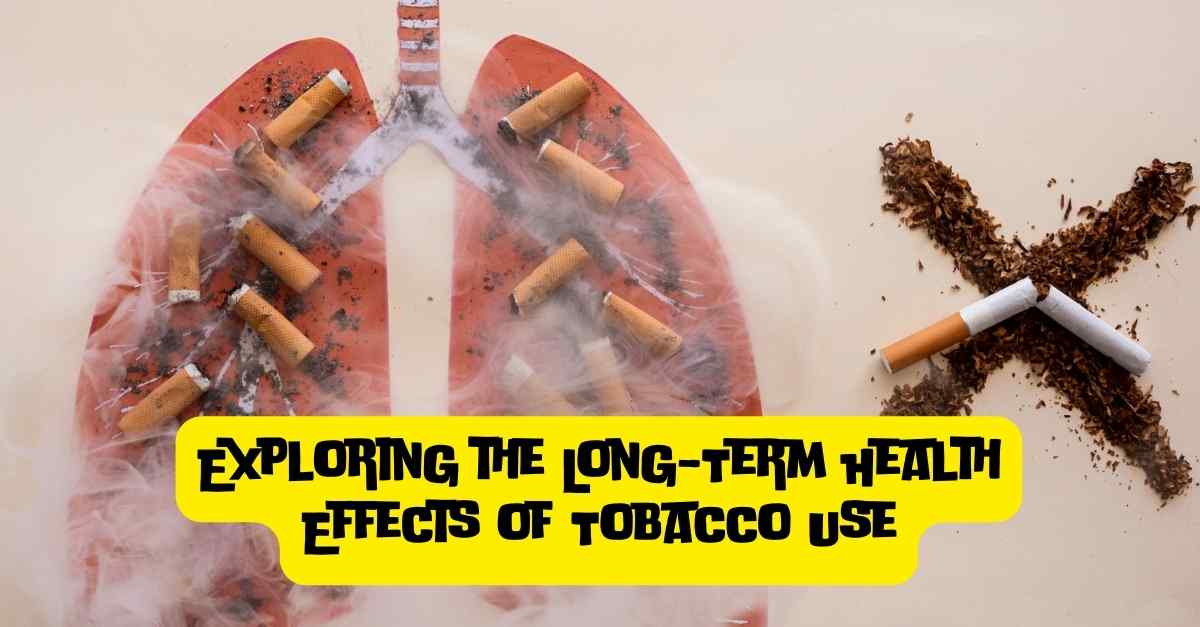
-
Beating the Heat: Essential Tips for Staying Cool and Safe

-
Summer Health Tips: Stay Cool, Stay Healthy!
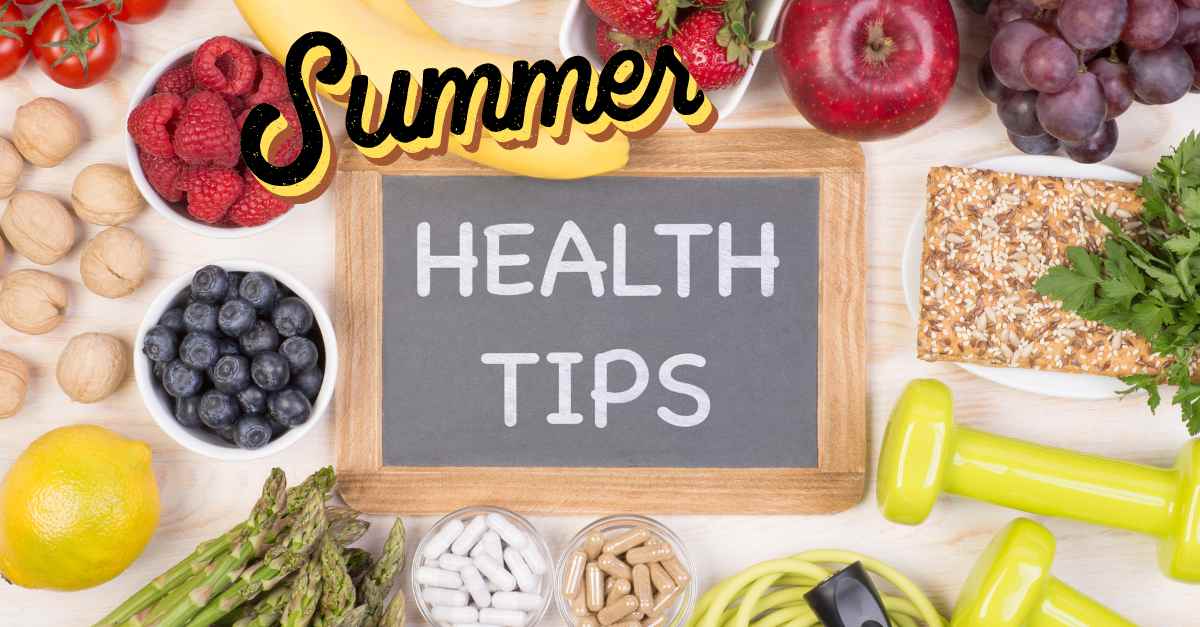
-
मंटौक्स परीक्षण (Mantoux test) के लिए व्यापक गाइड: प्रक्रिया, व्याख्या और महत्व

-
The Comprehensive Guide to ALT Blood Test
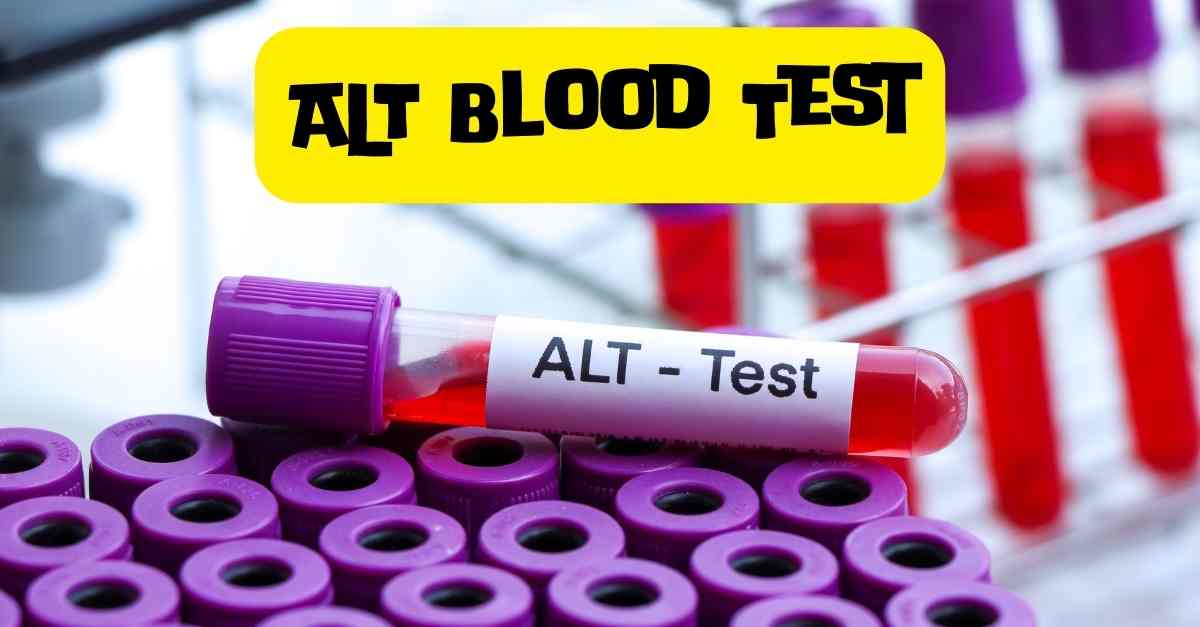
-
AST Blood Test: Your Guide to Liver Health Assessment
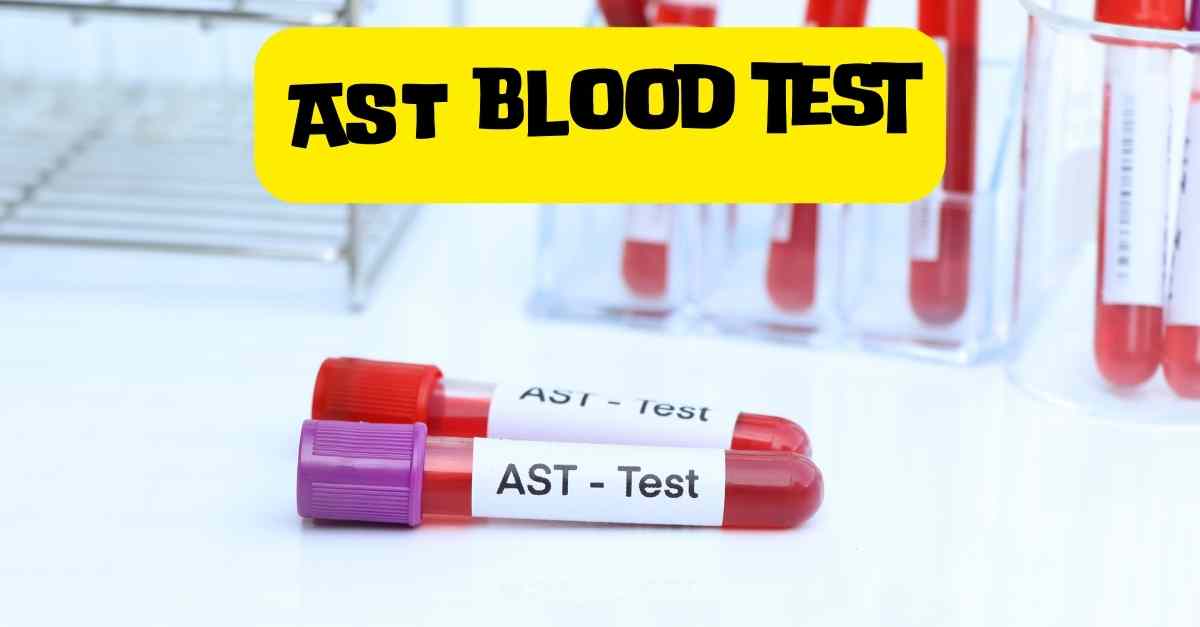
-
SGPT Blood Test
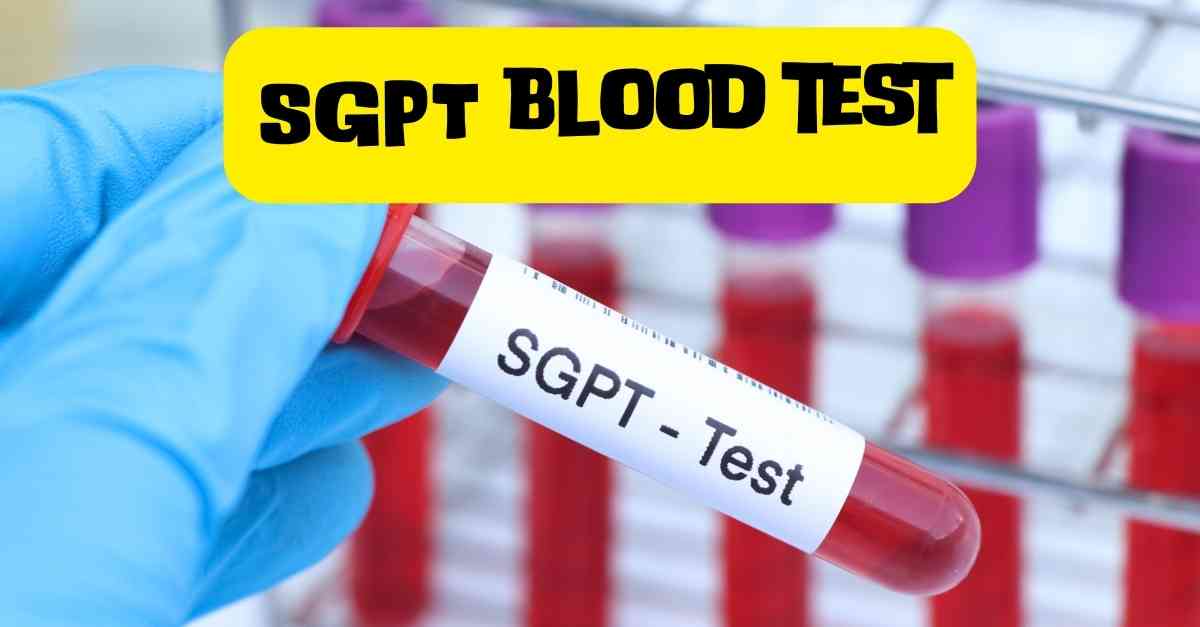
-
Serum Bilirubin Test in Hindi -सीरम बिलीरुबिन टेस्ट की पूरी जानकारी
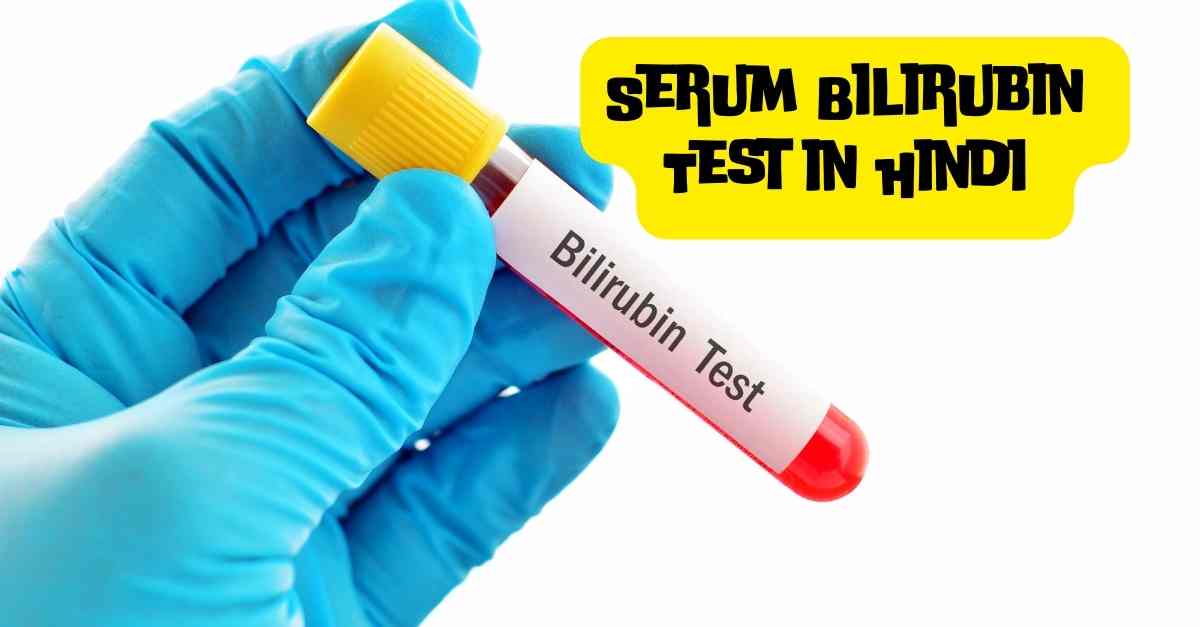
-
Everything You Need to Know About the MCH Blood Test
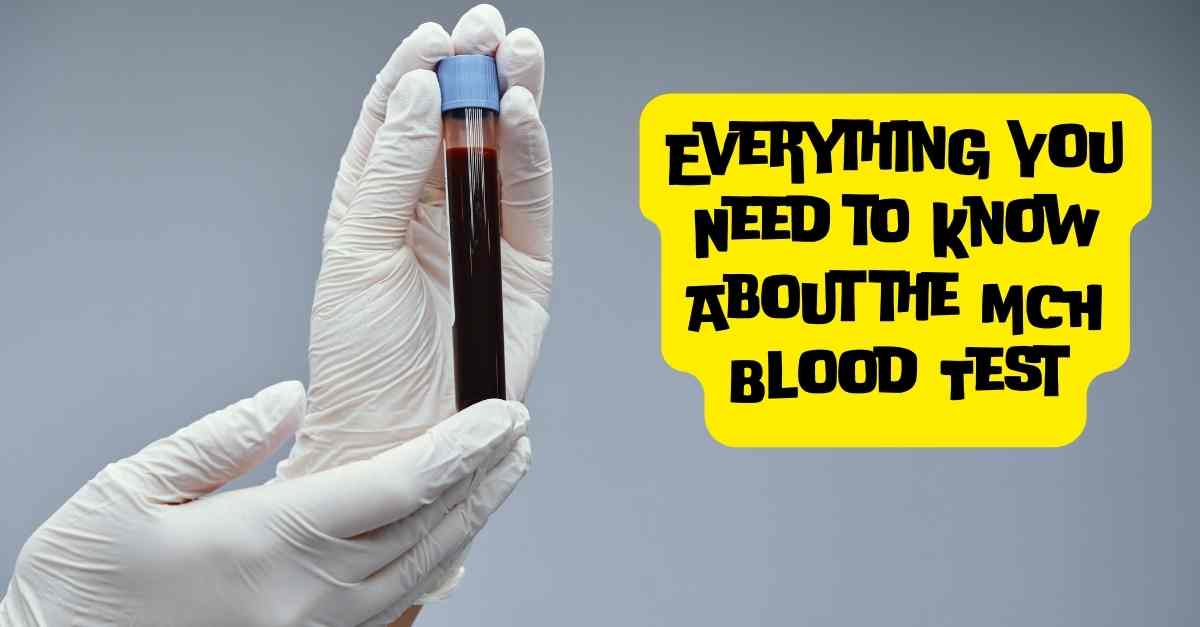
-
Best Home Remedies to Naturally Detox Liver

-
Unveiling the Side Effects of Excessive Vitamin B12 Intake
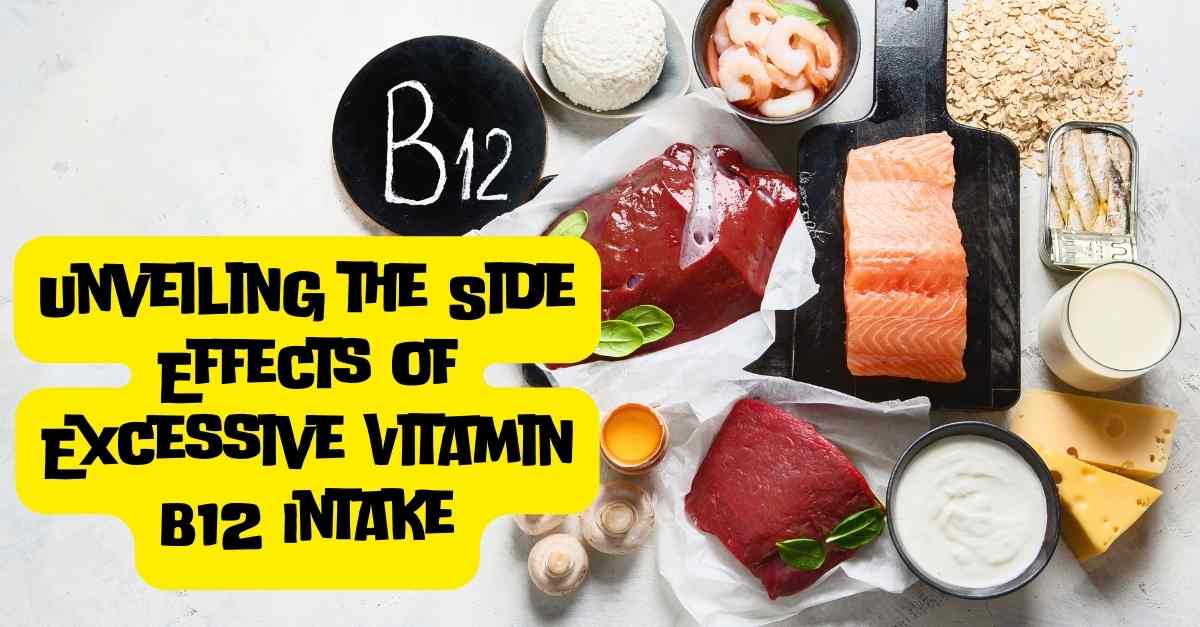
-
Best Foods for Kidney Detox Naturally Boost Your Renal Health
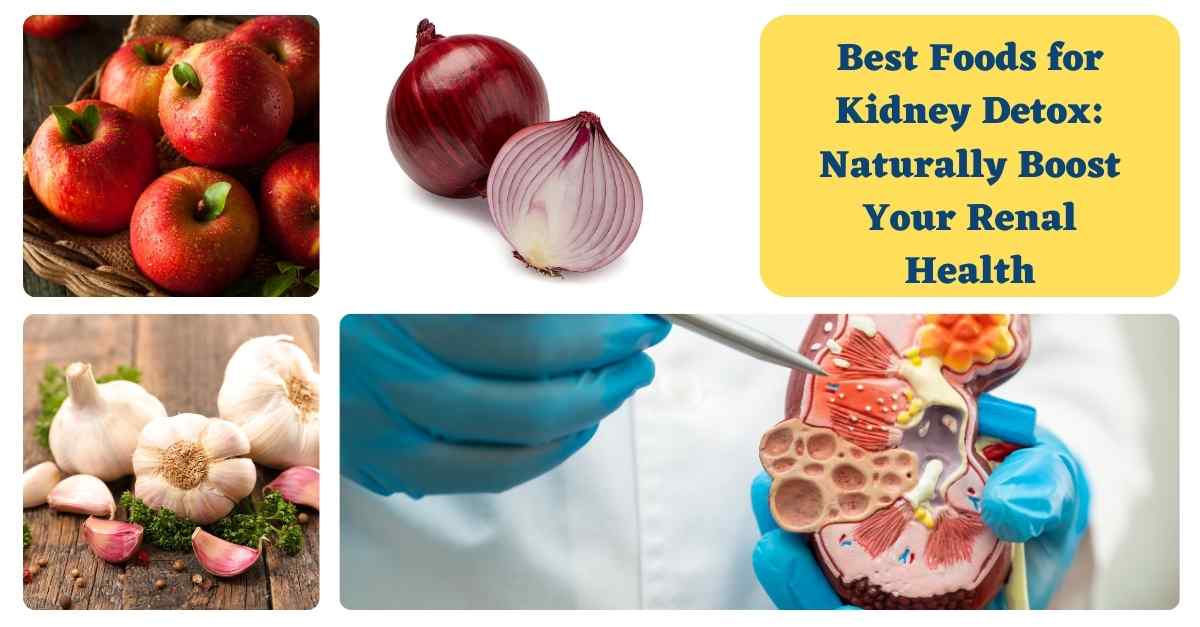
-
LKM Antibody Test: A Comprehensive Guide
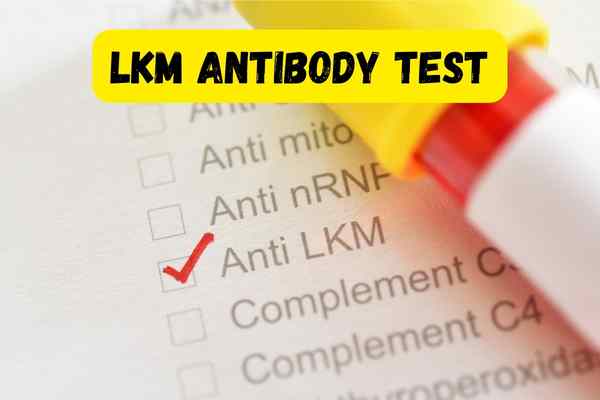
-
लीवर फंक्शन टेस्ट: समझें, क्या होता है और कैसे काम करता है
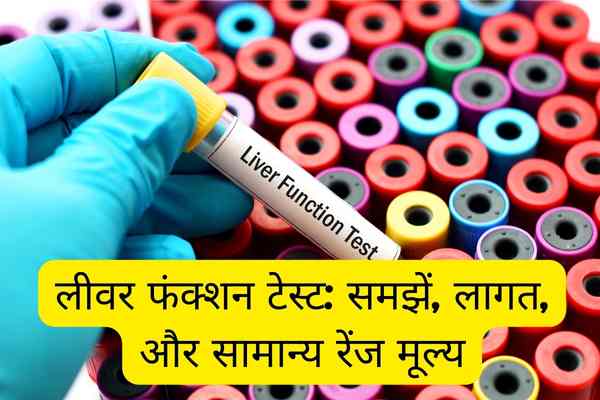
-
Amylase Blood Tests
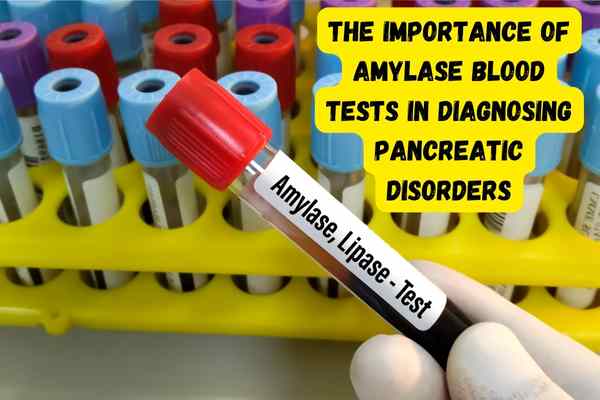
-
Vanillylmandelic Acid-VMA Urine Tests
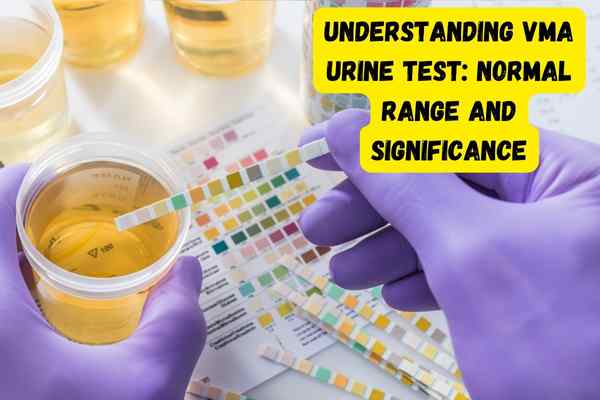
-
Everything You Need to Know About the CRP Test
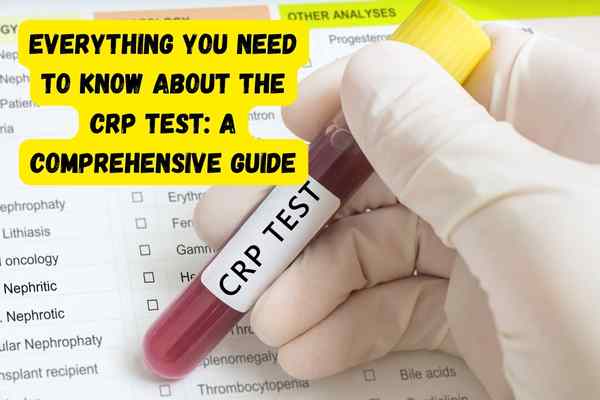
-
Simple Strategies for a Healthy Liver: Your Ultimate Guide
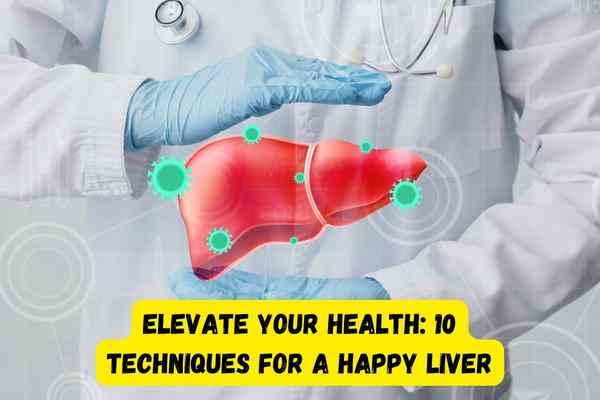
-
Ferritin Test in Hindi (सीरम फेरिटिन टेस्ट)
.jpg)
-
Karyotyping Test Explained in Hindi: कैरियोटाइपिंग टेस्ट

-
All About PRL Blood Test and Its Impact on Prolactin Levels
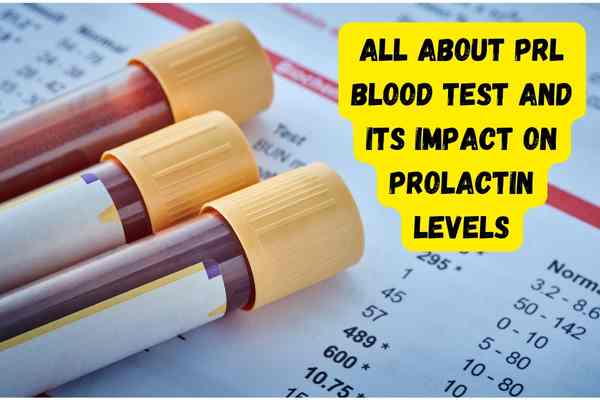
-
Acid-Fast Bacillus (AFB) Tests Demystified
 Tests Demystified.jpg)
-
Acetaminophen Level Tests
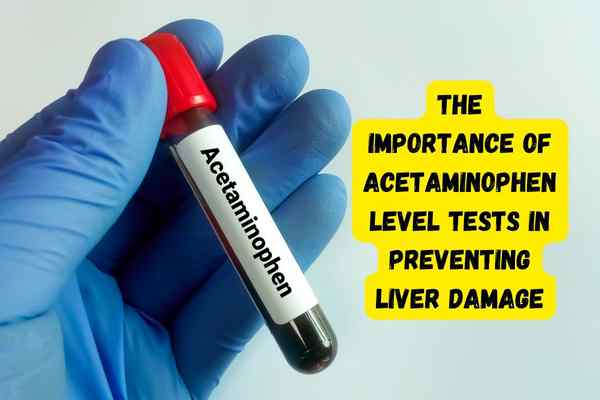
-
Empowering Awareness: Your Guide to ADHD Screening
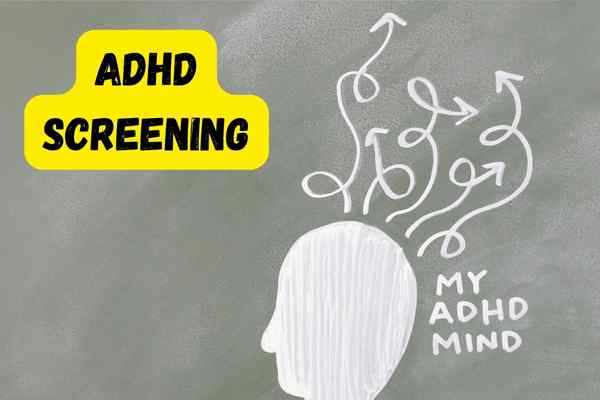
-
Adrenocorticotropic Hormone (ACTH) Test
 Test.jpg)
-
Are You Drinking Too Much The Essential Guide to Alcohol Use Screening Tests
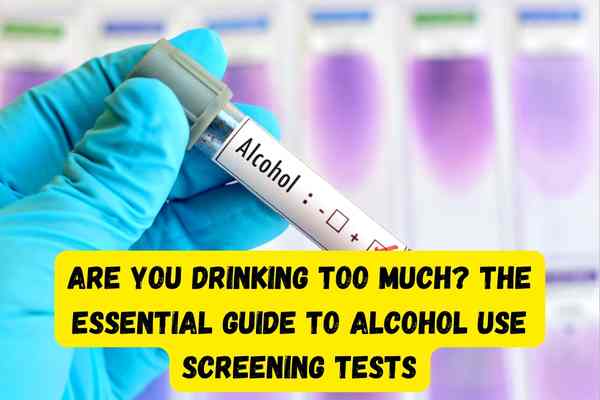
-
Breaking: New Study Reveals Surprising Link Between Aldosterone Levels and Heart Health

-
High or Low What Your Alkaline Phosphatase Levels Mean for You
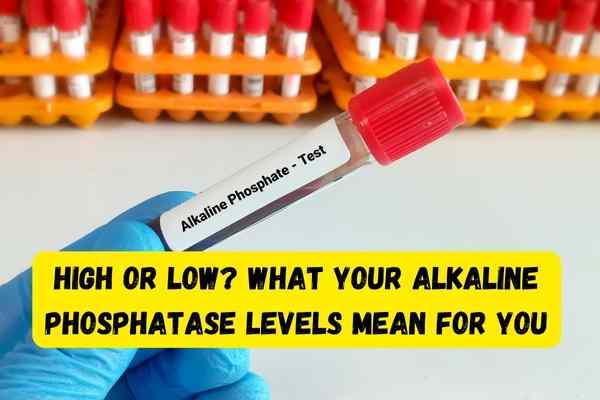
-
Attention: Must-Know Facts About Allergy Blood Testing
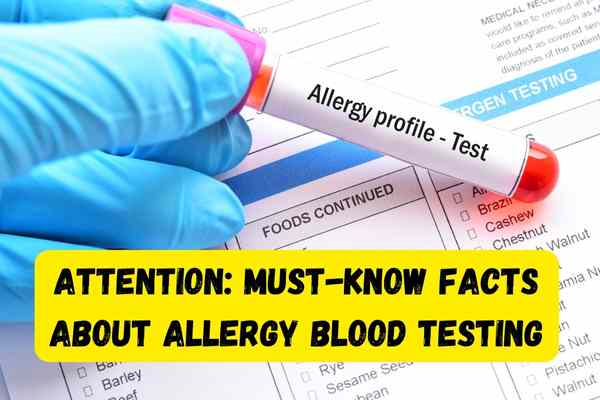
-
Allergy Skin Tests

-
The Role of the ANA Test in Diagnosing and Treating Autoimmune Conditions
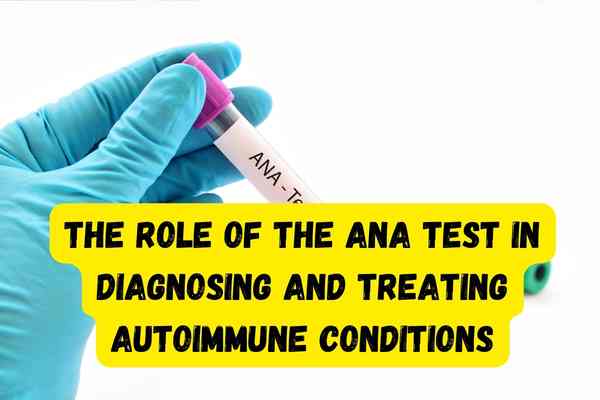
-
The Acid Phosphatase Test: What You Need to Know About Sample Types and Report Timing
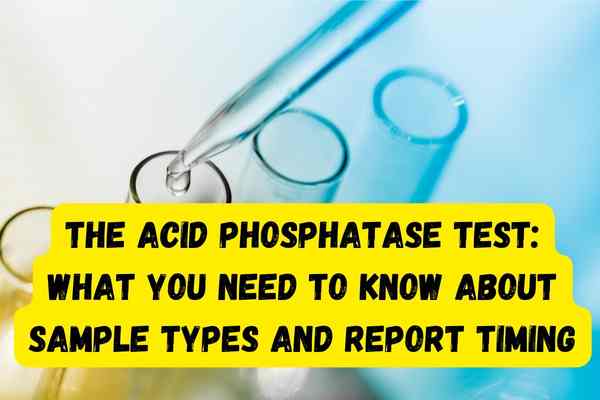
-
Albumin Fluid Test: Significance, Sample Types, and Report Timeline

-
Ammonia Blood Test: Sample Type, Report Generation Time, and Diagnostic Importance
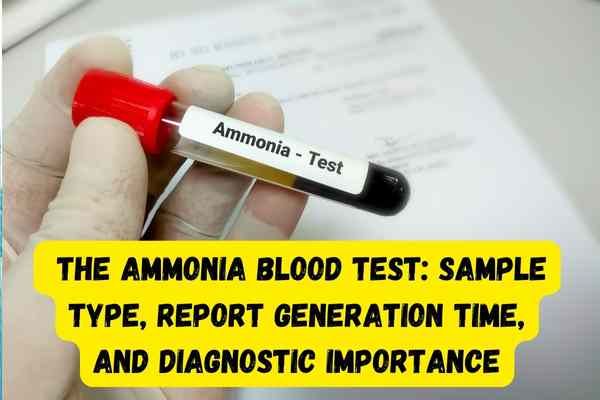
-
Angiotensin Converting Enzyme (ACE): Its Role, Sample Types, and Report Generation Time
 Its Role, Sample Types, and Report Generation Time.jpg)
-
Bile Acid Total Blood Test: Sample Type and Report Generation Time Explained

-
Blood Urea Nitrogen (BUN) Levels Explained: Fast, Accurate Testing with Blood Samples at Marvel Path Lab
 Levels Explained Fast, Accurate Testing with Blood Samples at Marvel Path Lab.jpg)
-
Amniocentesis Fluid Test : the Procedure, Sample Type, and Report Results

-
The Hidden Dangers of Bird Flu: What You Need to Know About Avian Influenza
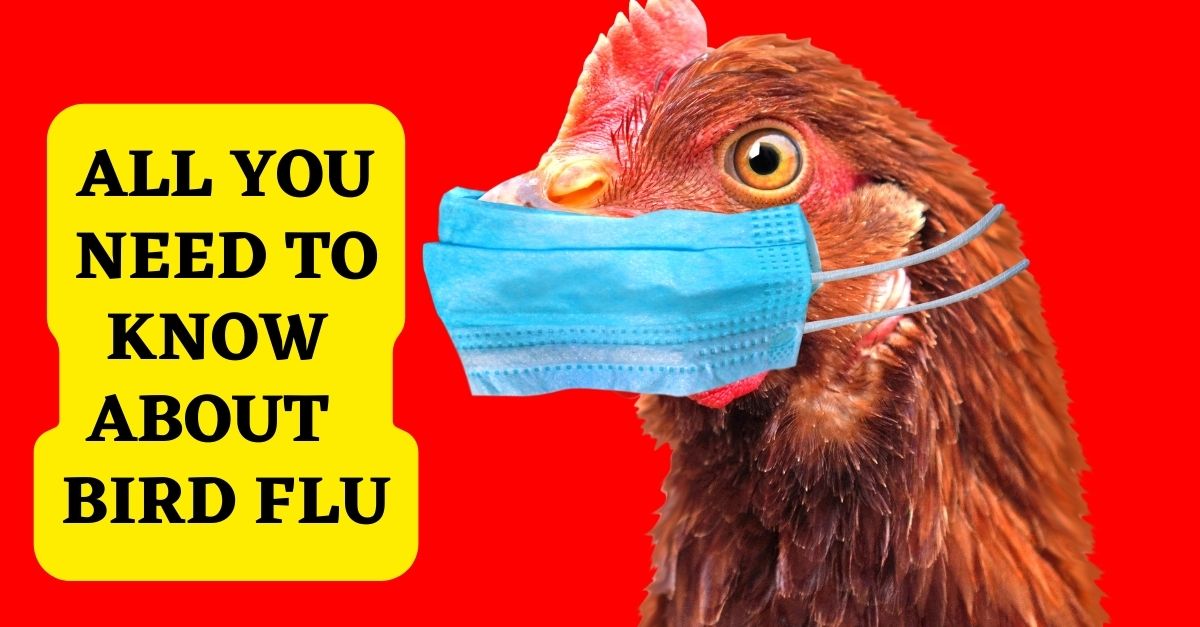
-
Zika Virus : ज़ीका वायरस के कारण , लक्षण और बचने के उपाय

-
तेजी से फ़ैल रहा है West Nile Virus जाने यह बीमारी क्या है और इससे कैसे करे अपना बचाव
 48 मामलो की हुई पुष्टि.jpg)
